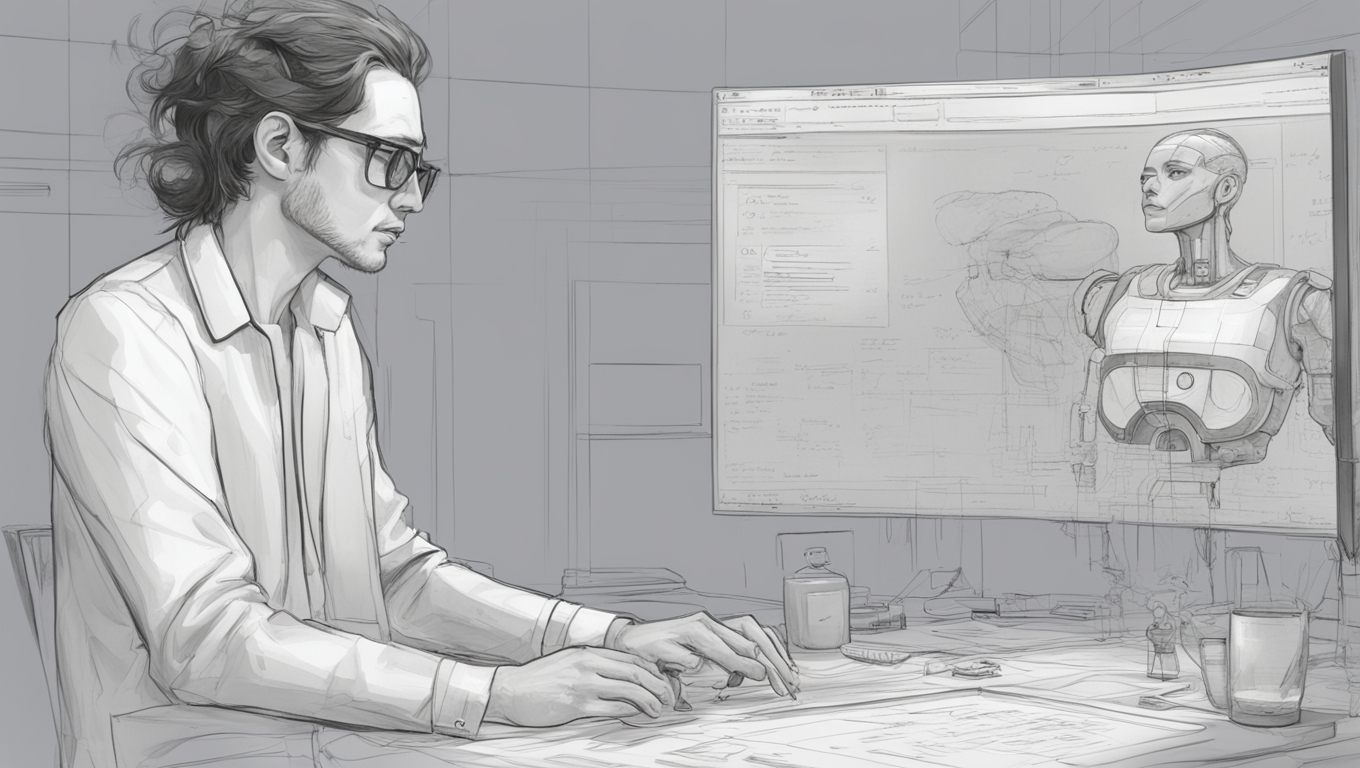Artificial Intelligence (AI) code assistants are on the rise, with a new report predicting that 75% of enterprise software engineers will be using them by 2028. This is a significant increase from the less than 10% who were using them in early 2023, according to the report by Gartner. The study also found that 63% of organizations are currently piloting, deploying, or have already deployed AI code assistants globally.
These AI code assistants are more than just tools for code generation and completion. They are collaborative assistants that enhance developers' efficiency by stimulating brainstorming and improving code quality. This enables developers to continuously upskill and build proficiency across programming frameworks.
Philip Walsh, Senior Principal Analyst at Gartner, emphasizes that software engineering leaders need to determine the return on investment (ROI) and build a business case as they scale their rollouts of AI code assistants. However, he also notes that traditional ROI frameworks often focus solely on cost reduction and fail to capture the full value of AI code assistants.
In addition to improving efficiency and code quality, AI code assistants also lead to higher job satisfaction and retention. This is because they provide developers with the tools to enhance their skills and proficiency, reducing the need for constant hand-holding and increasing autonomy in their work. This, in turn, saves expenses associated with turnover.
“To convey the full enterprise value story for AI code assistants, software engineering leaders should connect value enablers to impacts, and then analyze the overall return to the organization,” advises Walsh.
The potential of AI code assistants to revolutionize the software engineering industry is clear. By empowering developers and enhancing their efficiency, these assistants have the potential to transform the way software is developed and maintained.
As the adoption of AI code assistants continues to grow, developers can expect to see significant improvements in their productivity and job satisfaction. The future of software engineering is shifting towards a more collaborative and efficient approach, thanks to the capabilities offered by AI code assistants.





Use the share button below if you liked it.